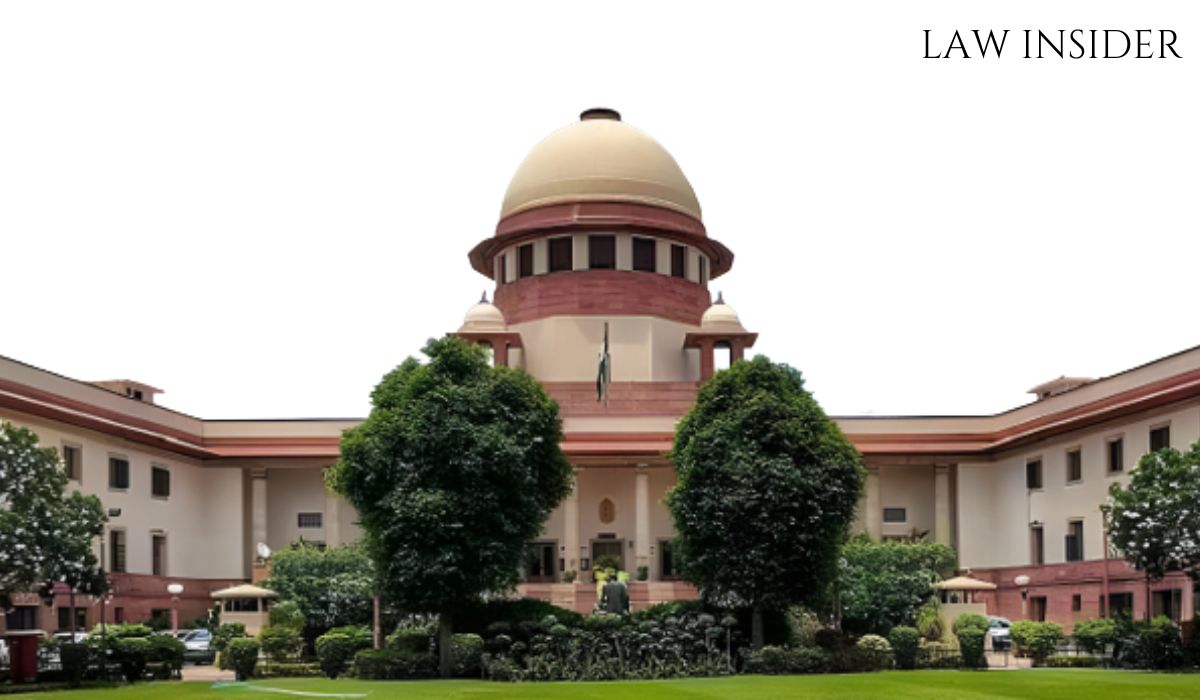LI Network
Published on: 24 July 2023 at 12:00 IST
The Supreme Court of India has clarified that individuals summoned under Section 69 (Power to arrest) of the Central Goods and Services Tax (CGST) Act, 2017, for the purpose of recording their statements, cannot seek anticipatory bail under Section 438 of the Criminal Procedure Code (CrPC), 1973.
The apex court emphasized that the sole remedy available to such individuals is to approach the appropriate High Court under Article 226 of the Constitution of India.
The verdict was delivered by a division bench comprising Justice J. B. Pardiwala and Justice Prashant Kumar Mishra. They unequivocally stated that when a person is summoned under Section 69 of the CGST Act, the provisions of Section 438 of the CrPC cannot be invoked.
Section 69 of the CGST Act empowers the authorities to arrest a person for the purpose of recording their statement during an investigation.
The bench explained that the reason behind denying the invocation of Section 438 is because no First Information Report (FIR) is registered at the stage of summoning under Section 69(1) of the CGST Act. Therefore, the situation does not warrant the application of anticipatory bail under Section 438 of the CrPC.
Anticipatory bail is a legal remedy available to a person who apprehends arrest on accusations of a non-bailable offense. This provision allows the individual to seek bail in anticipation of being arrested, ensuring protection from custodial detention.
The court’s decision clarifies a crucial aspect of the law concerning the CGST Act and the CrPC, providing clarity on the course of action for individuals facing summons for recording statements during the investigation of GST-related offenses.
Furthermore, the bench’s ruling establishes that in such cases, the appropriate recourse for the person summoned would be to move the concerned High Court under Article 226 of the Constitution.
Article 226 confers the power of issuing writs, orders, or directions to any authority or person, including the government, within its territorial jurisdiction.
The Supreme Court’s judgment sets a precedent for similar cases in the future and reinforces the principle of following the established legal procedures.
It also highlights the significance of approaching the High Courts through Article 226 when remedies under other sections are not applicable in certain situations.
The implications of this ruling could have far-reaching effects on individuals involved in GST-related investigations. It brings forth the necessity for a clear understanding of the legal remedies available to individuals at different stages of criminal proceedings under the CGST Act.

